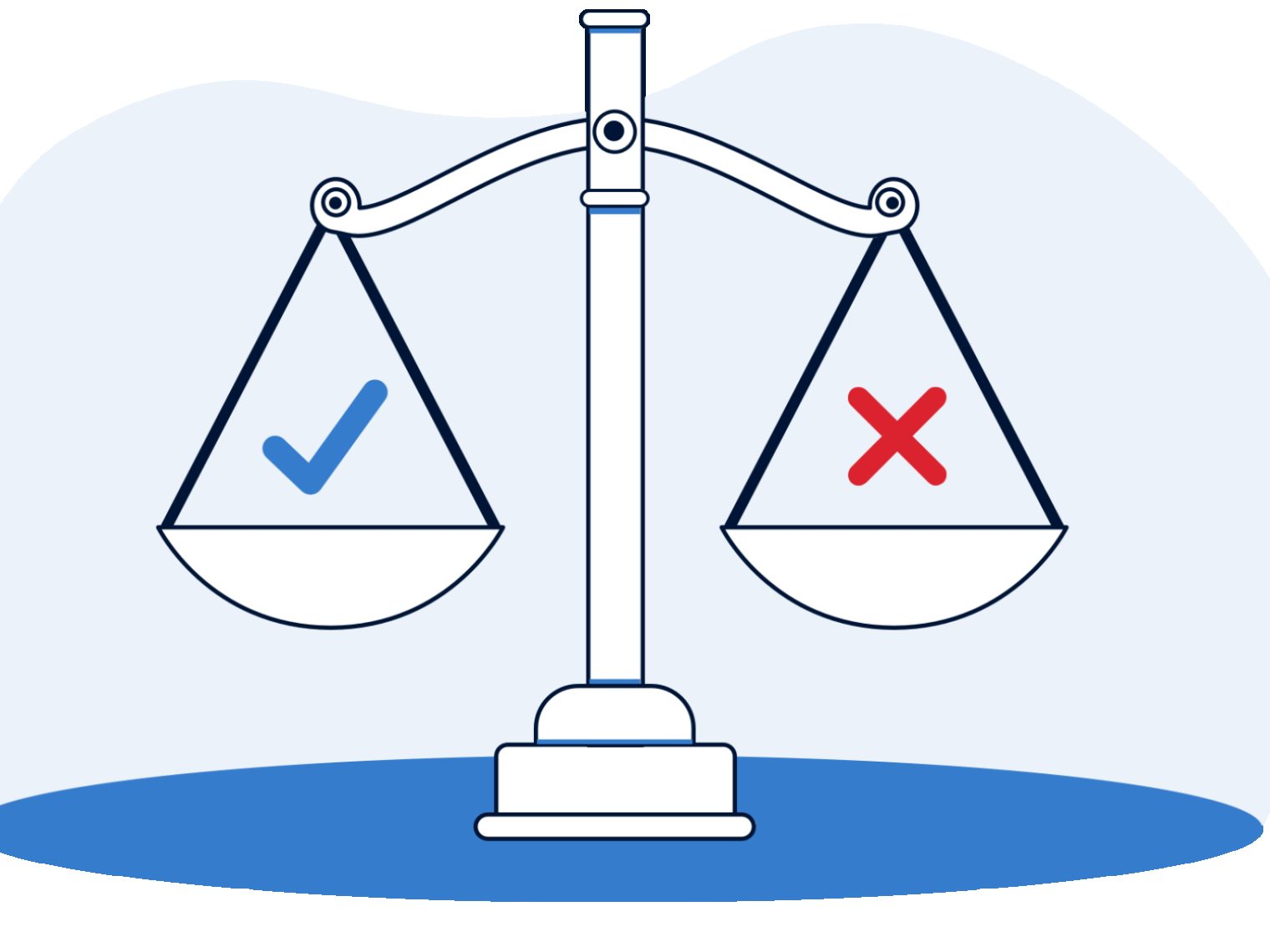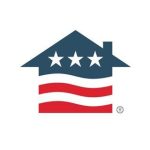VA loans offer one of the most affordable ways for Veterans and their surviving spouses to become homeowners. Along with low-interest rates and no down payment requirements, you can use them to buy many different kinds of homes, from standard single-family homes and condos to manufactured and modular homes.
As energy costs increase, there's a growing interest in buying homes "off the grid," or not connected to local power and utilities. With so many VA loan options, some homebuyers may wonder if they can use their VA benefits to purchase an off-grid home. Let's explore the property restrictions for VA loans and see how they apply to off-grid properties.
VA Loans for Off-Grid Homes
To understand how VA loans work with off-grid homes, it's important to clarify what's meant by "off the grid." A home that's entirely off the grid is completely disconnected from public utilities. That means it doesn't rely on municipal services of any kind — it provides its own power, water and sewage disposal.
This type of home would violate the Minimum Property Requirements (MPRs) set by the VA for VA loans. We'll discuss these in more detail below, but the bottom line is this type of property cannot be financed with a VA loan. In other words, you can't use a VA loan to finance the purchase of an entirely off-grid home.
However, many properties labeled "off the grid" are only partially free of public utilities, meaning they're still connected to some. You might be able to use a VA loan to purchase one of these homes.
Minimum Property Requirements and Off-Grid Homes
The VA sets its MPRs to ensure the homes it guarantees are safe, secure and sanitary. Off-grid homes can violate these requirements in a few ways.
Let's look at five key MPRs many off-grid homes don't meet. If you find or build a home off the grid that doesn't violate these requirements, you may be able to finance the property with a VA loan.
1. Road Access
The VA will only guarantee loans for properties that are accessible from a public or private road in all seasons. If there's a serious situation, the VA wants emergency services to get to your property. Some off-grid properties may not be accessible in this way, and thus would not be eligible for a VA loan.
If you want to finance a remote property that's out in the country, be sure that it's still easily accessible by road, year-round.
2. Permanent Foundation
Many off-grid homes are manufactured or modular, making them easy to build off-site and install in a remote location. In some cases, they may not be installed permanently so they can be easily moved. However, any home financed with a VA loan must be attached to a permanent foundation. If you want to use VA financing, be sure that your home is permanently in place.
3. Septic Tank
To qualify for a VA loan off-grid, a home must have a way to safely dispose of waste. The property must adequately dispose of all domestic wastes in a sanitary manner, which will not create a nuisance, or in any way endanger the public health."
Some off-grid homes are disconnected from public sewage systems. This means you'll need a septic tank that meets the above requirements. Alternatively, you can install a "pit privy," or outhouse. If you choose this option, it must meet all requirements of your local public health authority to qualify for a VA loan.
4. Off-Grid Access to Utilities
VA loans also require adequate access to power and a clean, continuous water supply to ensure the home is safe for its inhabitants. Although you may be able to provide adequate power from solar panels or your own power generator and source water from a well, these options will be subject to much more stringent inspection and VA requirements. They may not qualify for VA loans off the grid in some cases.
At the very least, your lender might need to see that you can connect to power and a safe, continuous source of water, even if you don't plan to use them. Check your local VA loan requirements on this topic before building your off-grid home.
5. Space Requirements for Off-Grid Homes
Homes must also meet minimum size requirements to be eligible for VA financing. Essentially, there must be enough room for inhabitants to sleep, cook, eat and use the bathroom.
This is especially important for manufactured homes, which are generally smaller than standard single-family homes. To qualify for a VA loan, a single-wide must be at least 400 square feet, and a double-wide must be at least 700 square feet.
VA Construction Loans for Off-Grid Homes
Although it's technically possible to use a VA construction loan to build an off-grid home, it may be difficult to do so. Most VA lenders won't finance an off-grid home with a VA construction loan, as there are too many hoops to jump through to ensure the property meets all necessary MPRs.
If you want to build an off-grid home, you might consider financing it with a conventional loan and then refinancing your mortgage into a VA loan. However, you'll still need to be sure your property meets all MPRs before you begin building, otherwise you won't be able to refinance with a VA loan.
Alternatives to Off-Grid Homes
Although it's possible to use a VA home loan for an off-grid property, it's not easy to pull it off. If taking advantage of the VA's generous home loan benefits is important to you, you'll probably need to make some compromises with your off-the-grid aspirations.
You may be able to accomplish much of what you want by finding a home out in the country and setting it up so you can live as self-sufficiently as possible. For instance, you could install solar panels on your home and use that as your primary source of energy while still having your home connected to traditional means of electricity. The same goes for heating. You could opt to warm your home in cooler months using a wood-burning fireplace without having a heater as long as you're able to maintain an inside temperature of at least 50 degrees.
At the end of the day, VA MPRs still need to be met. But, just because your home has access to all utilities doesn't necessarily mean you have to use them You might still need to have an access road nearby, but that doesn't mean your property can't be remote.
With some creativity, you can find a way to take advantage of your VA benefits without sacrificing other important goals.
Related Posts
-
 VA Renovation Loans for Home ImprovementVA rehab and renovation loans are the VA's answer to an aging housing market in the United States. Here we dive into this unique loan type and the potential downsides accompanying them.
VA Renovation Loans for Home ImprovementVA rehab and renovation loans are the VA's answer to an aging housing market in the United States. Here we dive into this unique loan type and the potential downsides accompanying them. -
 Pros and Cons of VA LoansAs with any mortgage option, VA loans have pros and cons that you should be aware of before making a final decision. So let's take a closer look.
Pros and Cons of VA LoansAs with any mortgage option, VA loans have pros and cons that you should be aware of before making a final decision. So let's take a closer look.


